“It is impossible not to notice that, in some of the poorest parts of the world, most people, most of the time, appear to be happier than we are. In southern Ethiopia, for example, the poorest half of the poorest nation on earth, the streets and fields crackle with laughter. In homes constructed from packing cases and palm leaves, people engage more freely, smile more often, express more affection than we do behind our double glazing, surrounded by remote controls. This is not to suggest that poverty causes happiness…but while poverty does not cause happiness, there appears to be some evidence that wealth causes misery. Since 1950, 25-year-olds in Britain have become 10 times more likely to be affected by depression. And it is surely fair to say that most of us suffer from subclinical neuroses, anxiety or a profound discomfort with ourselves.”
George Monbiot, The Guardian, 27 August 2002
Since childhood, we are subtly yet continuously guided to look to the outside world and the material benefits it offers for contentment and happiness, such that for many of us, it is the only real way we know. Yet as we become repeatedly disappointed by outer events, we begin to lose faith in the possibility of there being any happiness at all. Instead of looking to outer events for inner happiness (living from the outside in), let us consider instead what happens when we instead look inwardly for happiness and then bring what receive from there to the outer world – living from the inside out. To those who have been embittered against the possibilities of happiness, the life changing effects this simple change in philosophy can bring may sound too good to be true, and yet millions of people from all over the world can attest to a happiness that comes not from chasing after the material things of the world, but from being grounded in the joy and inner peace of their own being.
A sense of purpose
When we start the day by going deep within through some practice of meditation (or prayer for those who are religiously inclined), slowly we begin to get in touch with the deepest parts of our being, and feel a connection to something vast and infinite, a greater sense of purpose than our own narrow desires and wants. In this space, – who you are, and what you are supposed to be doing with the short span of life you have on earth.
The funny thing is, each of us instinctively know this, and deep within we are always meaning to stop and catch some space to find out what we want – we always tell ourselves we will do it when we finish whatever it is we are caught up in at the moment! The Tibetan Buddhist teacher Sogyal Rinpoche called this ‘Western laziness’ – “cramming our lives with compulsive activity, so that there is no time at all to confront the real issues.” The outside world is often guilty of driving this behavour along, as if it knows that if we ever slowed down, the whole thing would just fall apart. Continue reading “Happiness from the inside out”
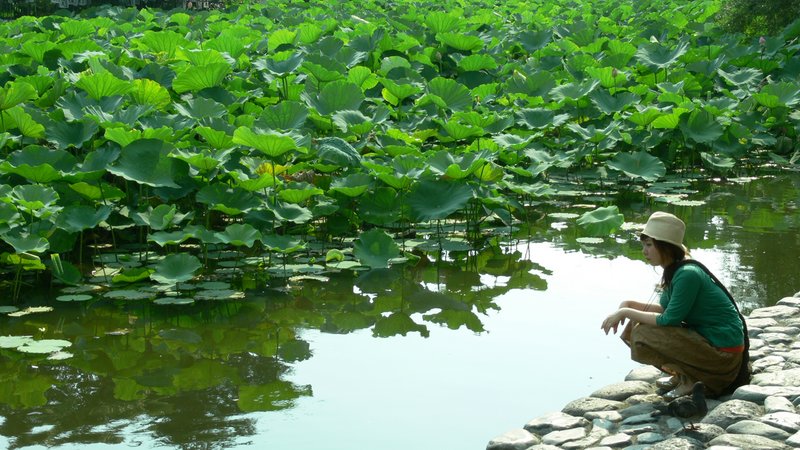
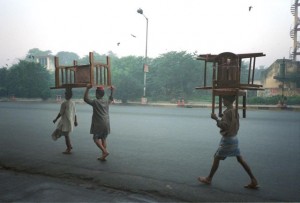
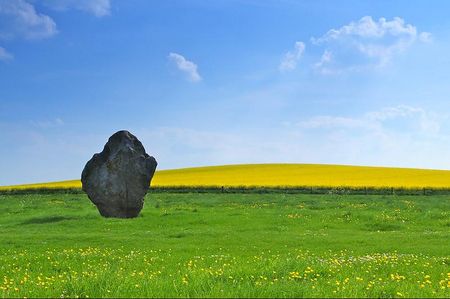

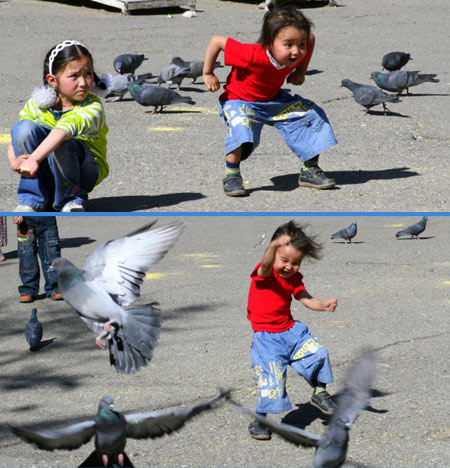
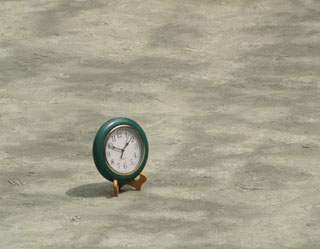

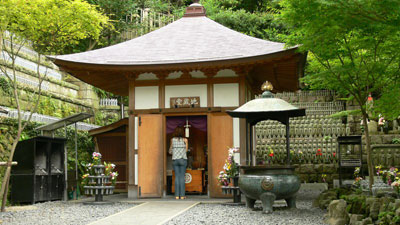
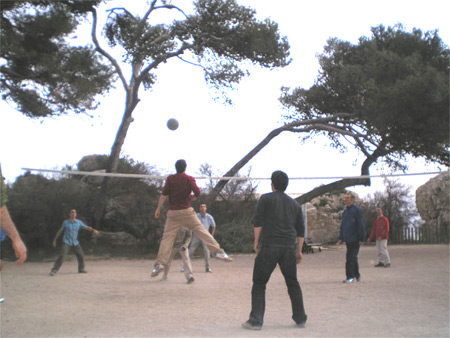
 I wish conversations skills were taught at school. We spend most of our life talking, and yet many people remain in the dark on this essential life skill. There are many suggestions for developing conversation skills, but, the most important is a sensitivity to the other person. We need to be able to adapt our conversation to whoever we speak with. We need to develop the right balance between talking and bringing out the best in the other person. If we can avoid being egotistical and consider the interests of others they will instinctively enjoy talking with us. If we offer boring conversation, we will only attract boring people to speak with.
I wish conversations skills were taught at school. We spend most of our life talking, and yet many people remain in the dark on this essential life skill. There are many suggestions for developing conversation skills, but, the most important is a sensitivity to the other person. We need to be able to adapt our conversation to whoever we speak with. We need to develop the right balance between talking and bringing out the best in the other person. If we can avoid being egotistical and consider the interests of others they will instinctively enjoy talking with us. If we offer boring conversation, we will only attract boring people to speak with.